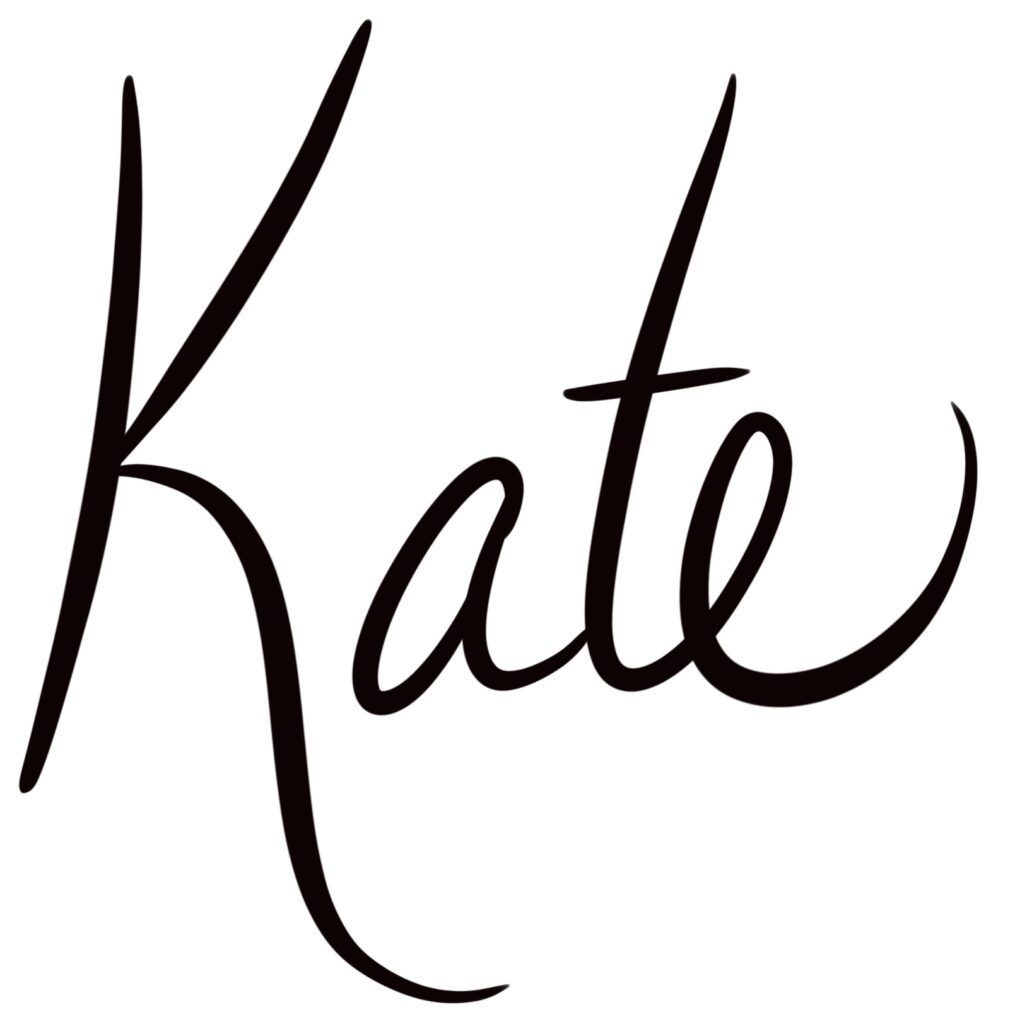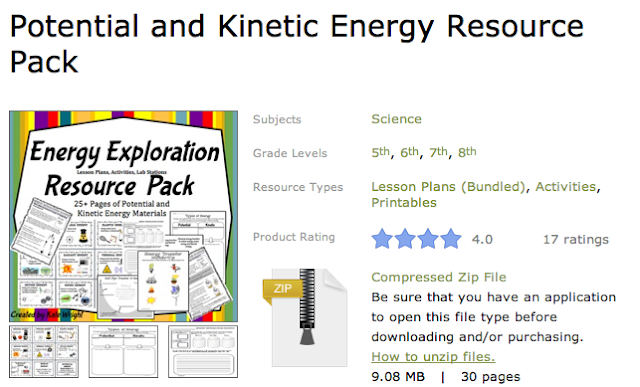Your first major unit test is approaching. They already know HOW to study for a test right? Teachers assume that kids come equipped with subject area study skills, but do they?

Students Need Explicit Instruction on HOW To Study in Each Subject Area
A vast majority of Tweens have two strategies for studying. They include looking at their notes or making flashcards, but for so many kids these are not enough. Have you ever seen the look on a child’s face when they get a poor test grade back that they genuinely THINK they studied for?
The problem is, many students spend time “studying” but they are not activating and connecting their knowledge which can lead to poor recall and application come test time. Parents have contacted me numerous times with the same story “My child studied for 3 hours! How could they have failed the test?” So what gives?
We Assume They Know How to Study
I’m guilty of this. “They should know how to study by now.” “I don’t have time to teach this too.” “They should ask for help if they need it.” We can’t assume that other teachers and/or parents are providing study skills instruction. As subject area teachers, we owe our students explicit instruction on how to study our content. Effective studying for a math test should look very different than studying for a history test and so on. After years in the classroom, countless hours of private tutoring and working in our school’s learning assistance center I can tell you that many students lack these skills!
What are ACTIVE STUDY STRATEGIES?
When we study, we work to move information from our short term to our long term memory. Sometimes it stays there and other times it dissolves because it is ignored and left unused for too long a period of time. (If you don’t use it…you lose it.) The key to moving information to our long term files is rehearsal. Rehearsal is the act or process of PRACTICE. So, when our students stare at their notes for hours then haphazardly make a few flash cards they often fail to do meaningful and memorable PRACTICE!
You are ACTIVELY STUDYING IF YOU ARE:

Great students have an arsenal of active study strategies that allow their minds to PRACTICE content. Some of these strategies are universal (such as the vocabulary one described below) while others are content specific. Here is an active strategy that is a different spin on traditional flashcards:

How this tool helps to ACTIVATE memory:
Chunking: Students ask themselves “Which vocabulary words relate to the concept of _______?”
Writing: Students copy information for the key concepts from their notes, books and other resources.
Drawing: There is plenty of room inside each tab for students to draw and label pictures relating to each concept.
Quizzing: The foldable tabs allow for self-testing of the material.
And…NO lost or missing flash cards!
For middle school students, explicitly learning how to study in each content area is important. If you are looking to try some study skills instruction in your class, check out this study skills pack for science that outlines ways to study SMARTER not HARDER!
Looking for study skills to support other content areas? Check these out:
ELA Study Skills – Doodle Notes and Learning Stations
Math Study Skills – Doodle Notes and Learning Stations
Social Studies Study Skills – Doodle Notes and Learning Stations
Happy Studying!





